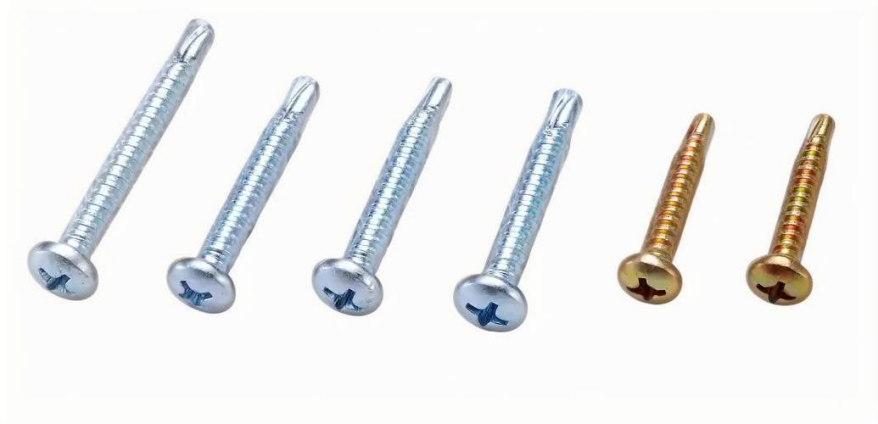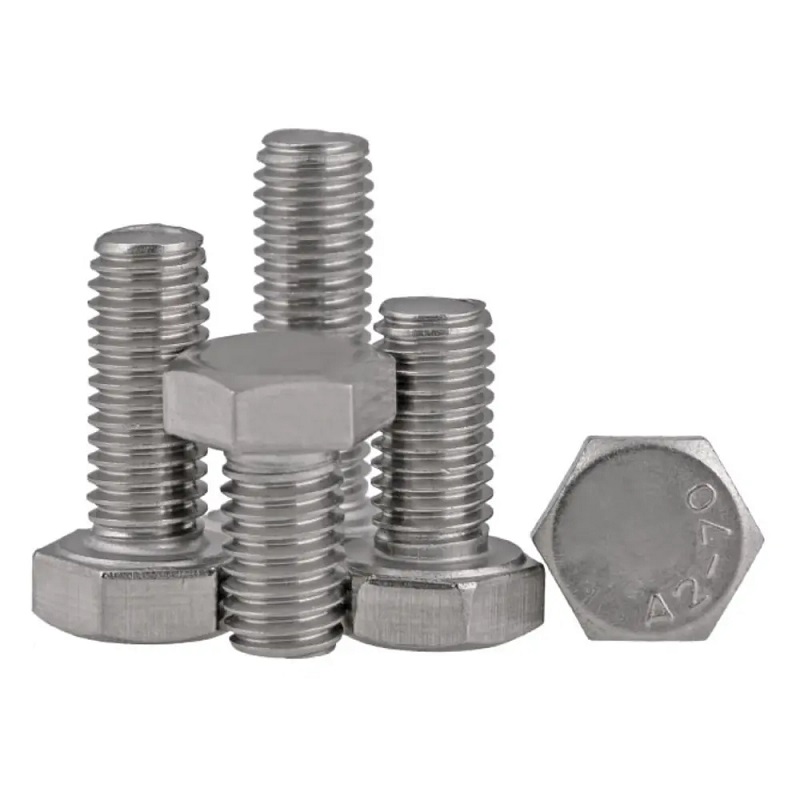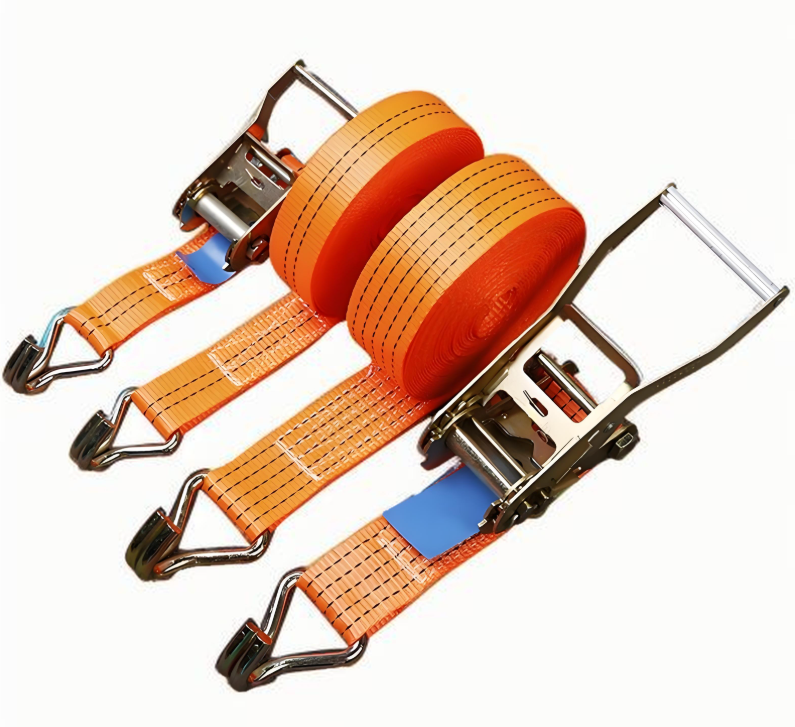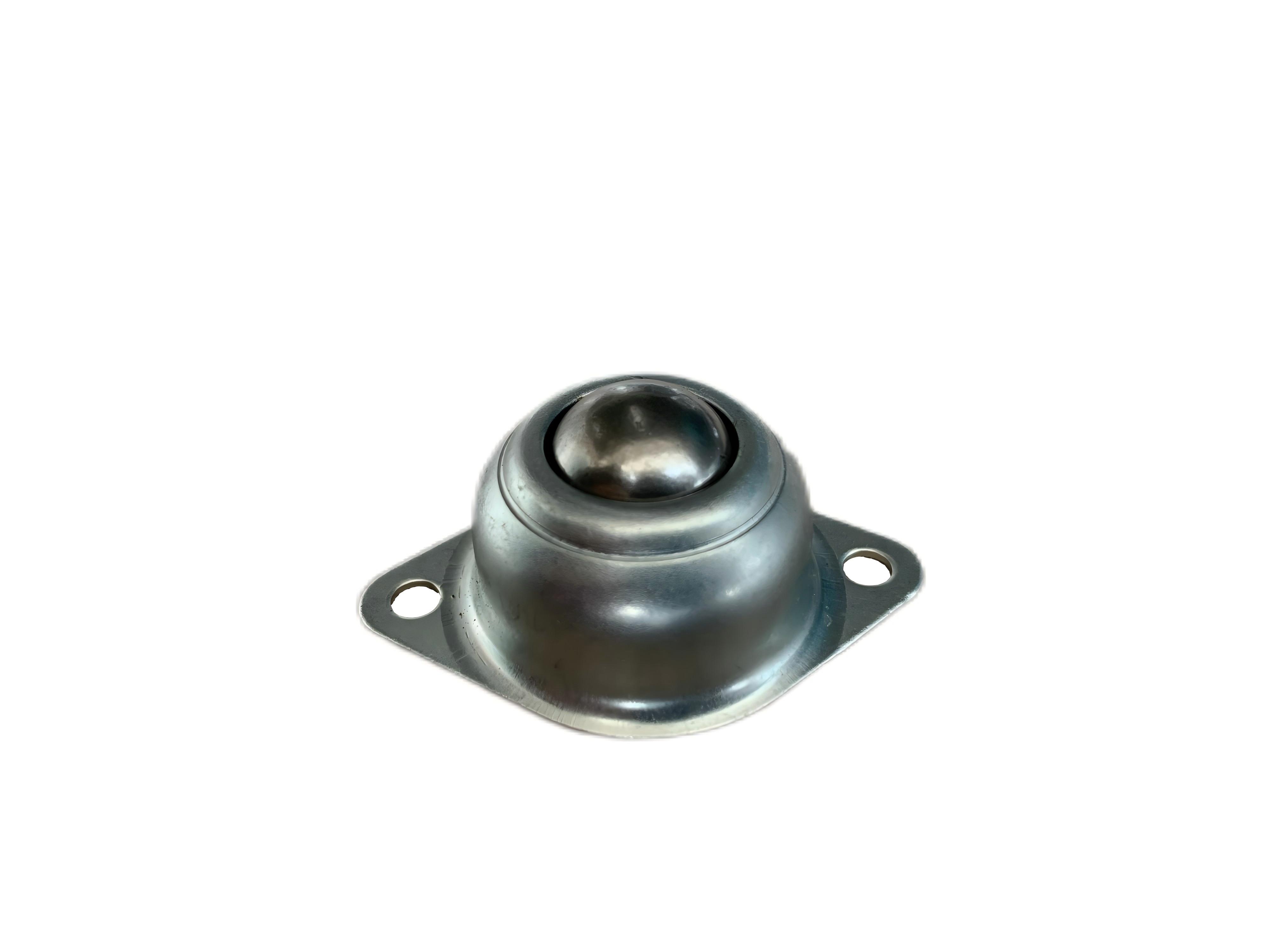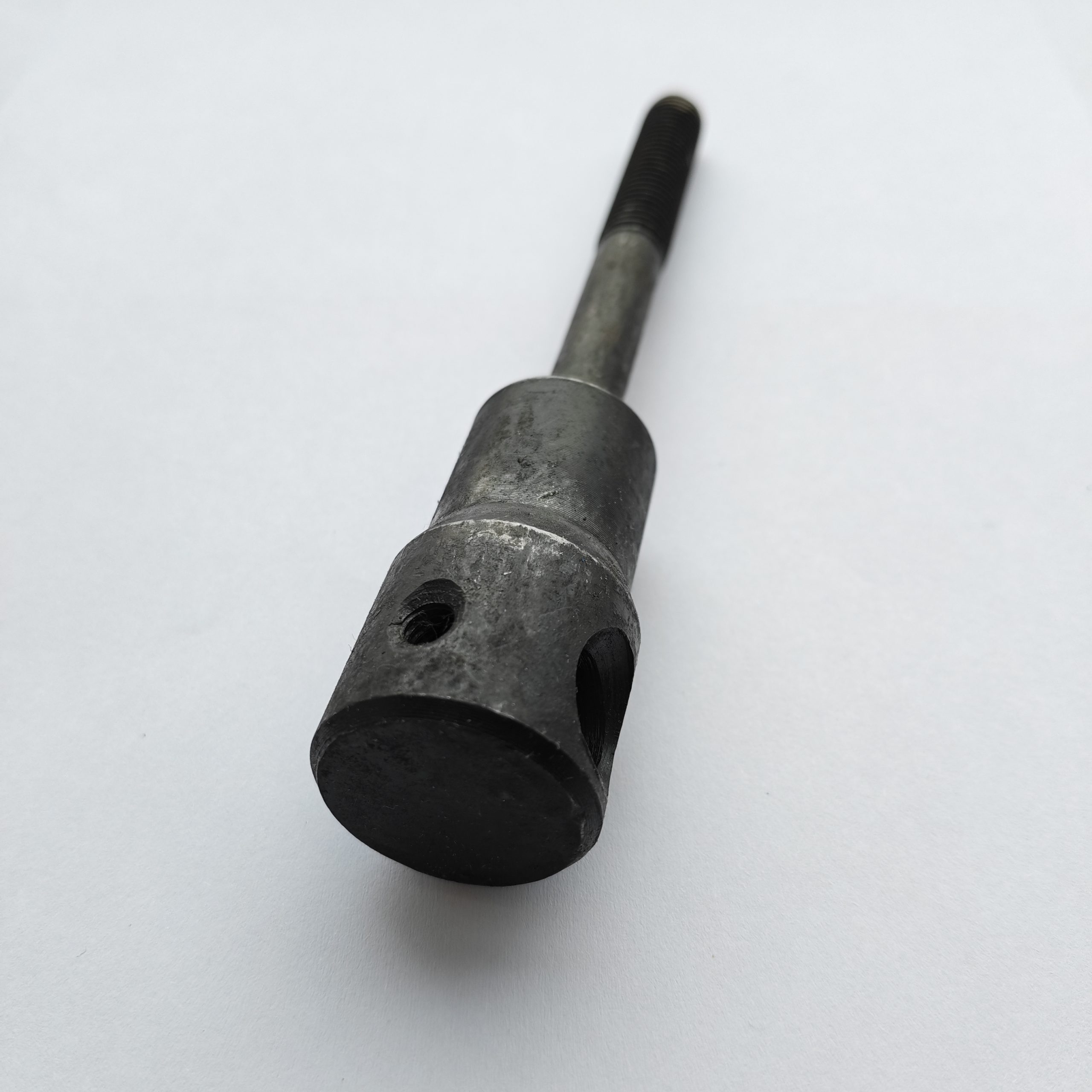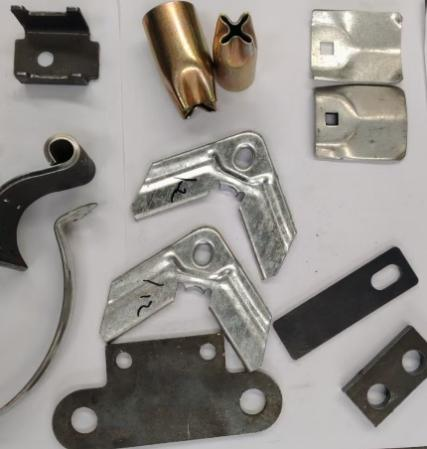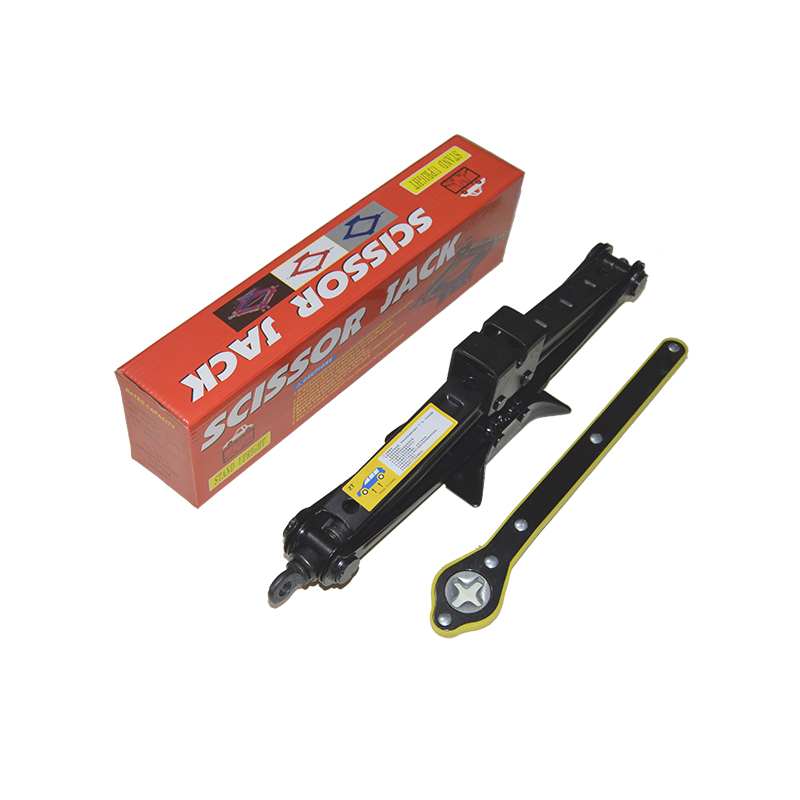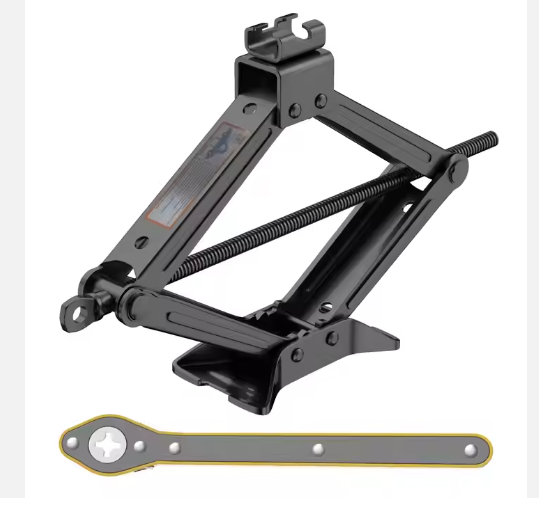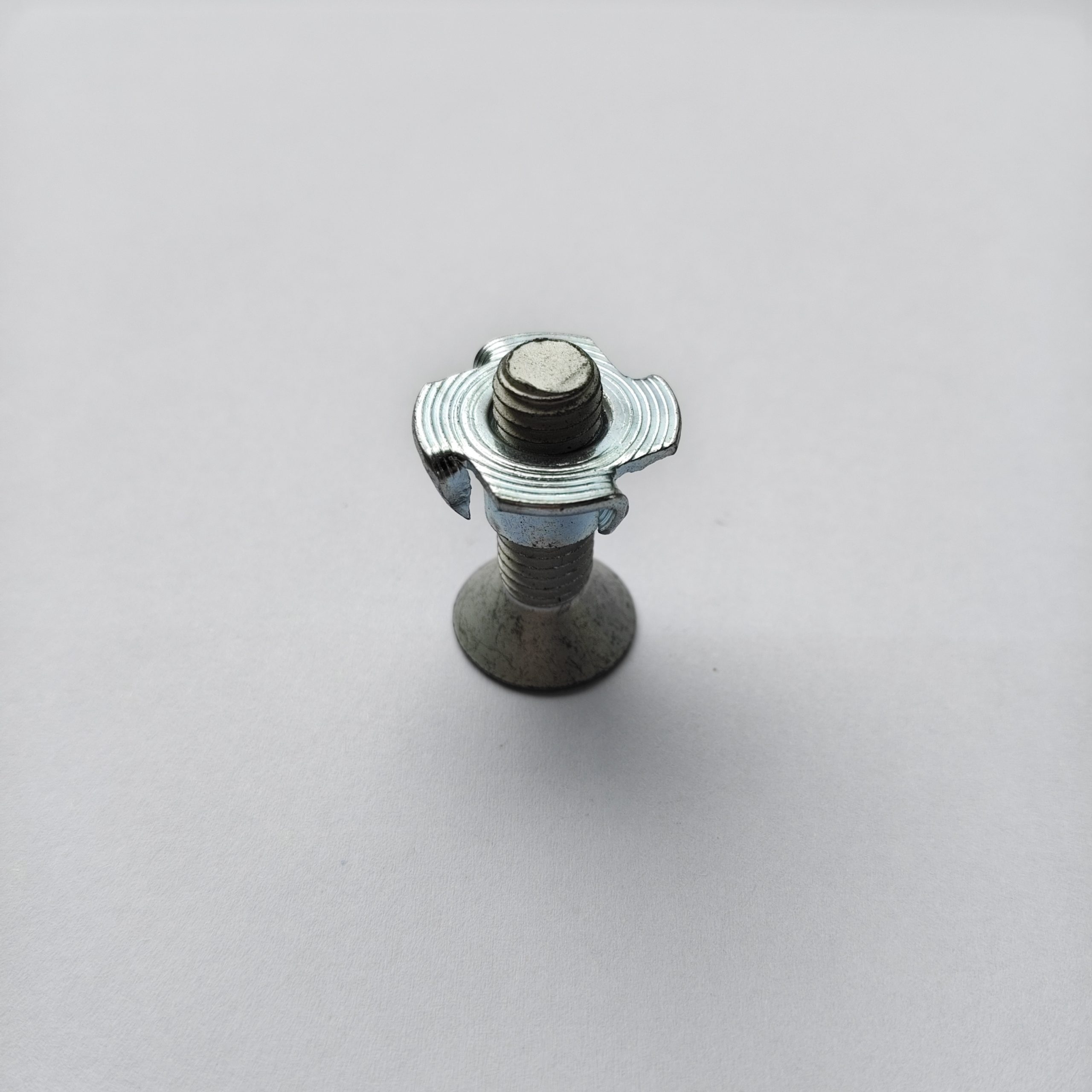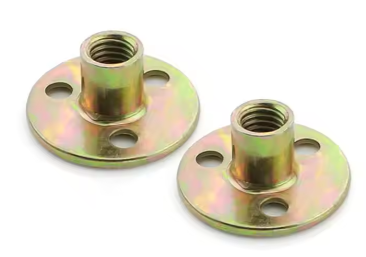

This guide helps you navigate the complexities of sourcing high-quality expansion anchors, offering insights into selection criteria, material considerations, and best practices for finding reliable expansion anchor suppliers. Learn how to choose the perfect anchor for your project and avoid common pitfalls.
Expansion anchors are mechanical fasteners used to secure objects to various substrates, including concrete, brick, and masonry. Their design relies on an expanding element that creates a strong hold within the material. Choosing the right expansion anchor supplier is crucial for ensuring project success. The performance and longevity of your project hinge heavily on the quality of the anchors used. Different applications demand specific anchor types; understanding these nuances is key. Factors like the substrate material, the load bearing requirements, and the environment all influence the optimal choice.
The material of the expansion anchor is a critical factor. Common materials include zinc-plated steel, stainless steel, and nylon. Each material offers a unique set of properties regarding strength, corrosion resistance, and suitability for different environments. Stainless steel anchors, for instance, are ideal for outdoor applications or environments with high humidity due to their superior corrosion resistance. A reputable expansion anchor supplier will provide detailed material specifications and certifications to ensure quality and consistency.
Expansion anchors are available in a wide range of sizes and load capacities. It is essential to select anchors that are appropriately sized for the specific application and the load they will be supporting. Insufficiently sized anchors can fail under load, leading to project failure. A good expansion anchor supplier will offer a diverse selection to cater to various project needs. Carefully review the supplier's specifications to ensure compatibility with your intended use.
Look for expansion anchor suppliers that offer anchors compliant with relevant industry standards and certifications. These certifications, such as those from ISO, ensure that the anchors meet specific quality, safety, and performance requirements. Check for compliance with standards relevant to your region and project specifications.
Thoroughly research potential expansion anchor suppliers to assess their reliability and reputation. Look for suppliers with a proven track record, positive customer reviews, and a commitment to quality. Checking their credentials and verifying their claims is essential. Consider suppliers with established supply chains and the ability to meet your project's timelines and volume requirements.
1. Define Your Needs: Specify the application, substrate material, load requirements, and environmental conditions.
2. Research Potential Suppliers: Explore online directories, industry publications, and trade shows to identify potential suppliers. Consider contacting Hebei Dewell Metal Products Co., LTD at https://www.deweLLfastener.com/ for high-quality options.
3. Request Samples and Quotes: Obtain samples from multiple suppliers to compare quality and performance. Compare quotes based on pricing, lead times, and minimum order quantities.
4. Verify Certifications and Compliance: Ensure that the anchors meet relevant industry standards and certifications.
5. Assess Supplier Reliability: Check reviews, references, and the supplier's overall track record.
6. Place Your Order: Once you've chosen a reliable supplier, place your order, ensuring clear communication and expectations.
Selecting the right expansion anchor supplier is crucial for project success. By carefully considering the factors outlined above, you can choose high-quality anchors and ensure that your project is completed successfully and safely.


